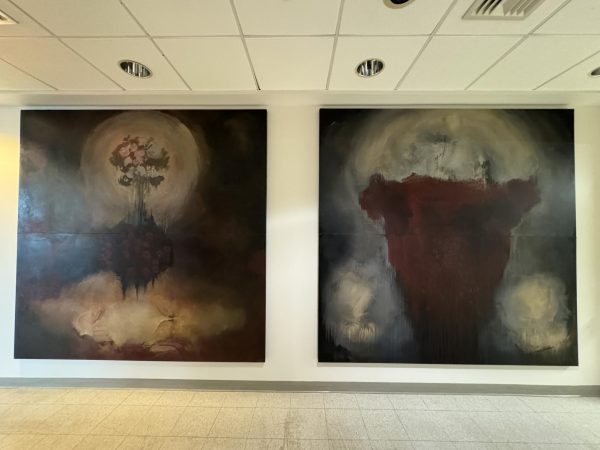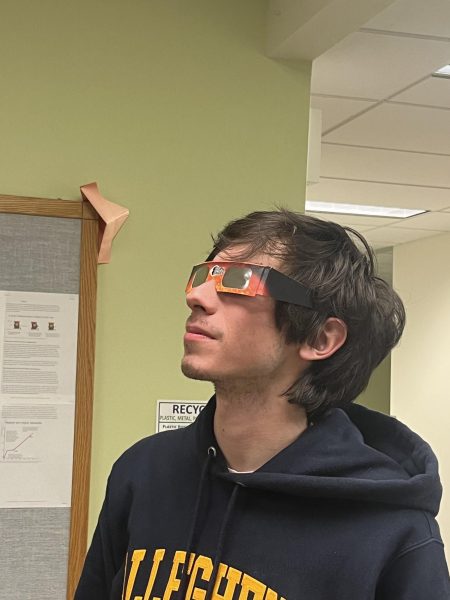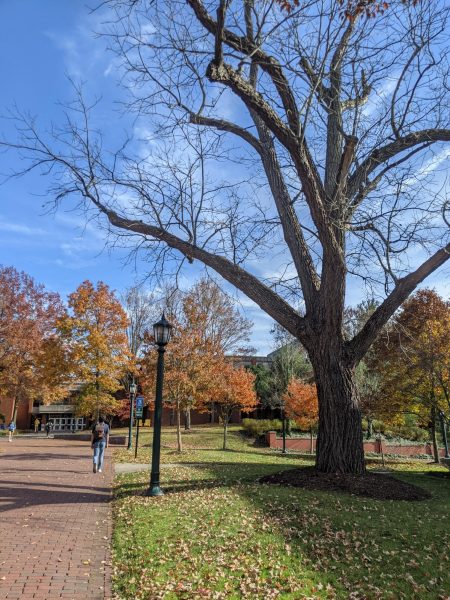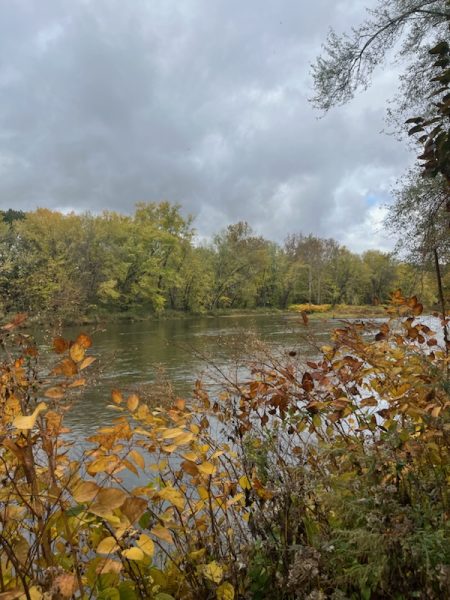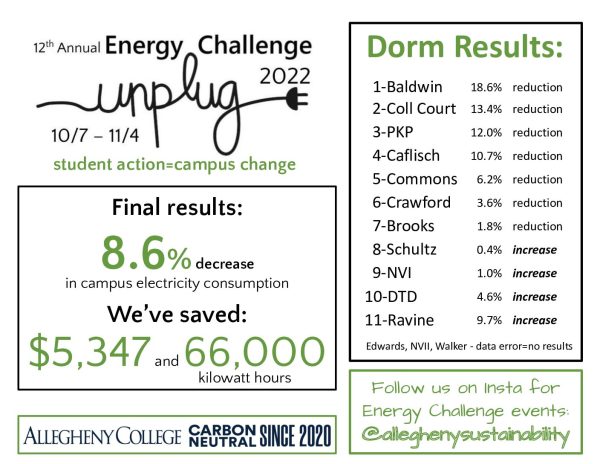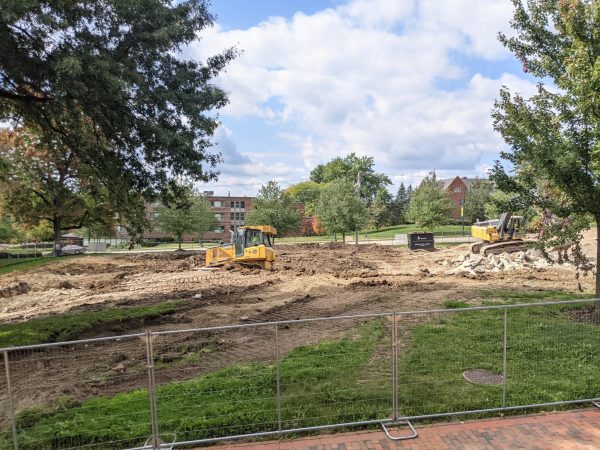$4,000 ALIC grants to help students realize ideas
Since its creation, the Allegheny Lab for Innovation and Creativity has been tasked with exploring and fostering the intersection of art, technology and science as a means of providing resources to students to put their interdisciplinary interests to work — both physically and figuratively. Now, the lab seeks to expand from its offerings in manufacturing and education to putting financial resources directly into students’ hands.
Byron Rich, director of academic innovation partnerships and department chair and associate professor of art announced earlier this academic year that the ALIC will be providing four grants of $4,000 each to student projects. Grants will be accompanied by mentorship from a pool of both Allegheny professors and industry professionals in the Northwest Pennsylvania area. As for the idea for the grants, Rich was inspired by the Zingale Big Idea competition, while also recognizing its scale and focus.
“I kind of saw a need for smaller grants to be offered, Rich said. “Also for students that weren’t thinking as much necessarily just about products or services, but maybe they wanted to start like a nonprofit, or maybe they want to make public artistic works, or something like that.”
The ALIC grants, according to Rich, represent more of an easier starting off point for students who want to work on realizing their ideas. They also allow students to become accustomed with the industry or industries their work falls into.
Co-op courses which were taught in the ALIC during the fall semester will return this spring. The courses may have already set some sparks in motion for student projects, according to Rich.
“Most of the ideas I’ve heard so far are really rooted in some of the industries that that co-op actually interfaces with,” Rich said. “So we also had a student that was asking about whether or not they could come up with a product that could be manufactured in Meadville, using some of the tool and dye industry, which I thought was interesting. So we’re kind of hoping that it does reflect the needs and interests and local expertise in the area where the grants are actually deployed.”
Rich speculated that the connection to local industry may prove especially enriching given the current hardship experienced by many sectors due to the COVID-19 pandemic.
“I think everybody’s ability to interface to one another remotely has been sort of game changing,” Rich said. “And I think the ramifications of pandemic supply chain issues are going to be interesting learning experiences for students to grapple with if they’re trying to see a product come to light, for instance.”
Another potential opportunity that the grants represent is the empowerment of marginalized students in sectors in which they are typically underrepresented, according to Rich.
“That’s honestly been the driving force behind both the co-op program and the grants: thinking about individuals who don’t traditionally have access to the same type of both human resources and capital resources to see their ideas hit that next level,” Rich said. “So, although we’re not putting numbers on our goal of offering the grants necessarily to just underrepresented students, we really want to ensure that underrepresented students feel as though this is an opportunity for them to really pursue funding and pursue big ideas.”
The grant application process will include filling out a form in which students describe the idea they would like to use the funding for, at what stage of development or planning it currently is, what they see as a potential outcome through use of the grant and what kind of mentorship would be beneficial to them. The decisions relating to the disbursement of the grants will be made by an interdisciplinary committee made up of faculty, staff and community members. Rich noted a few important factors when considering the applications.
“We want to say, what will have the most impact for the individual?” Rich said. “What project has the greatest potential in terms of the scope of what they’ve outlined? And individually, where can we make the biggest impact by giving this money, I think that’s going to be a big contributing factor.”
Rich hopes the ALIC grant program will empower students creatively in a time when resources for independent projects are limited, and that they are an effective vehicle to bring together students with different interests and skills in a multitude of projects that combine those interests in new and exciting ways. The application process for the ALIC grants begins in module two, and work on the funded projects will span the rest of the spring semester.



